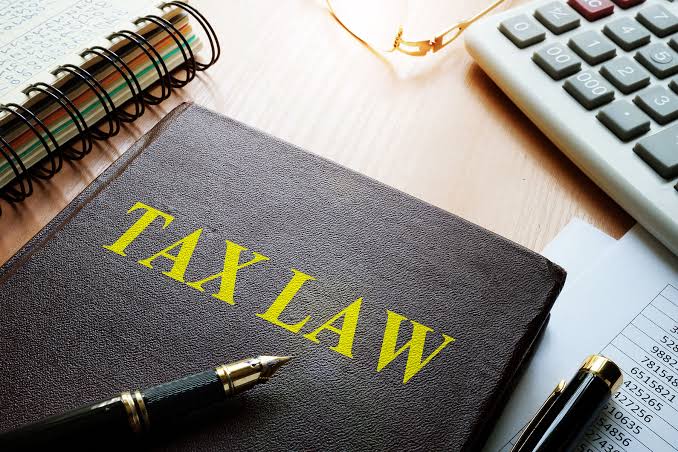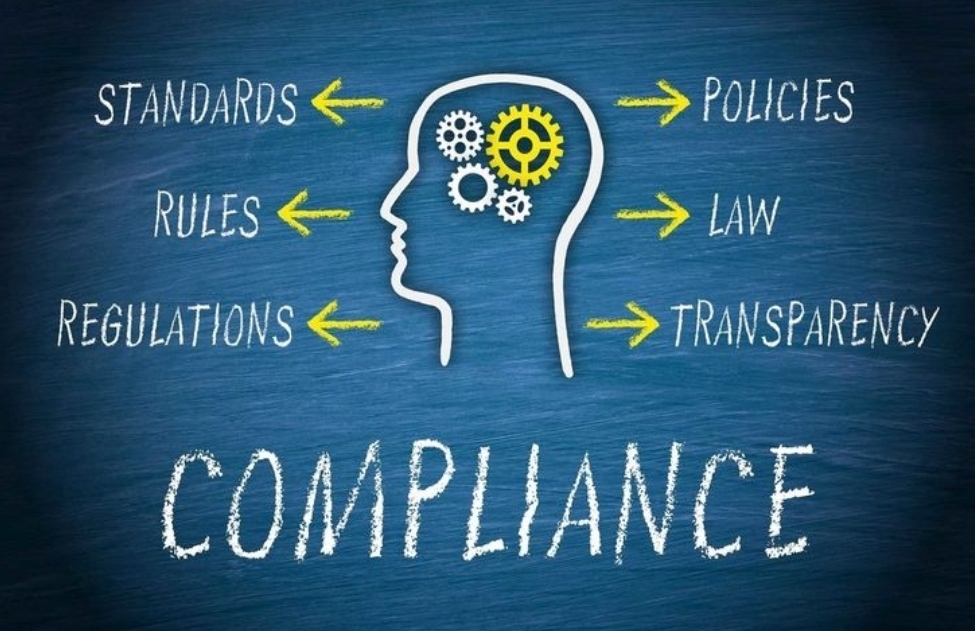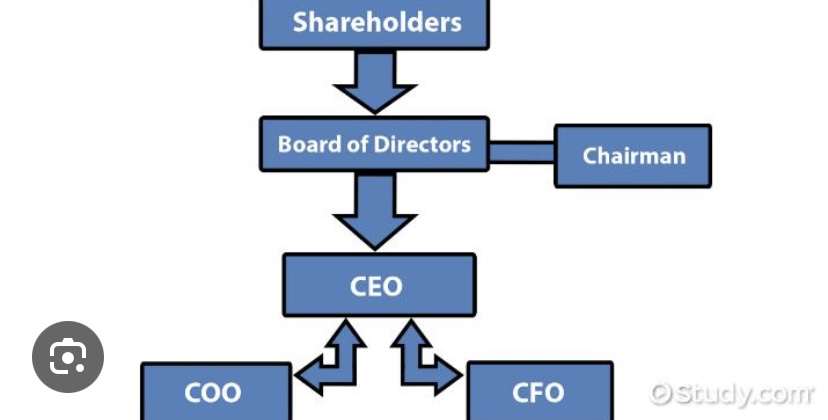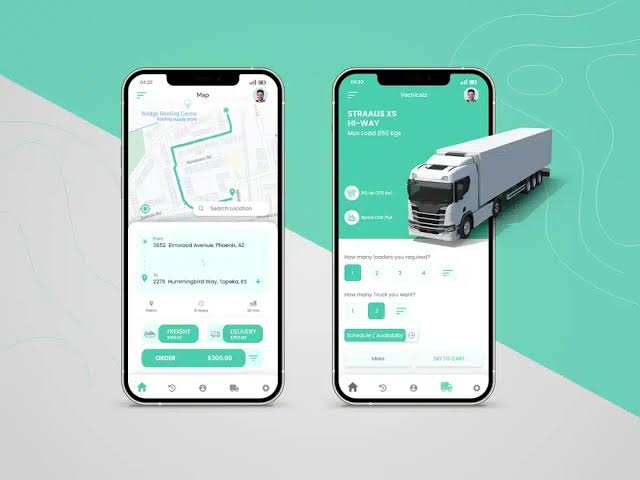
1.0 INTRODUCTION
To arrive at an answer, it's important to establish the meaning of "E-hailing" and "Tech Start-up'' before understanding which type of business structure is most suitable for E-hailing Tech Start-up in Nigeria.
The term "E-hailing" also known as ride-hailing businesses, represent a modern approach to the traditional taxi industry. These businesses leverage online platforms to connect passengers directly with local drivers offering private car services. Unlike traditional taxis, which may pick up multiple passengers along a designated route, ride-hailing drivers utilize their personal vehicles (or leased vehicles) to provide point-to-point transportation booked on-demand through mobile applications or websites.
While on the other hand, a "Tech Start-up" is a business that develops new technologies or products to solve challenges in the market. The provision of section 47 of the interpretation section of the Nigerian Start-up Act, 2022 further defines “startup as a company in existence for not more than 10 years, with its objectives being the creation, innovation, production, development or adoption of a unique digital technology innovative product, service or process."
Therefore, having understood what an E-hailing Tech Start-up is.
1.1 What type of business structure is most suitable for an e-hailing tech startup in Nigeria?
The type of business structure most suitable for an e-hailing tech start-up in Nigeria is to incorporate the business as a Private limited liability Company with the Corporate Affairs Commission (CAC). This type of company offers limited liability protection to its shareholders, which is crucial for startups facing potential financial risks.
2.0 What specific legal requirements and regulations should the start-up comply with?
2.1 Registration with the Corporate Affairs Commission:
An E-hailing start-up company is required to register with the Corporate Affairs Commission by complying with the requirements of the Companies and Allied Matters Act (2020) with respect to the registration of company. In accordance with the provisions of section 417 CAMA, 2020 and section 388 of CAMA 2020. Companies are required to make and file annual returns and audited financial statements with the Corporate Affairs Commission. However, a newly registered company or a start-up company is not required to file annual returns in the year of its incorporation or the following year if it’s first annual general meeting (AGM) is held within 18 months of its incorporation and subsequently on a yearly basis. Failure to comply with this would leave the company open to penalties and the possibility of it being struck off the CAC database or register.
2.2 Compliance with Tax Regulations:
A start-up is required to register with the Federal Inland Revenue Service (FIRS) or the State Inland Revenue Service, as the case may be, for the remittance of its Companies Income Tax and Value Added Tax (VAT) within 6 months of incorporation. The company will also be issued a tax identification number (TIN) which is a unique identification for all registered taxpayers in Nigeria. This TIN must be inserted on all company invoices and used at the point of filing tax returns.
By the provision of Section 80 (3) of the Company Income Tax Act Cap C21, LFN 2004 (as amended). It provides that "where the company fails to register with the FIRS or the State Tax Service for tax purposes, it will not be able to withhold tax from its foreign partners, investors and clients; it will not be able to file tax returns and obtain Tax Clearance Certificates (TCC) and; will be liable to pay penalty for its failure to register with the tax collection authorities and for non-compliance with filing requirements within the stipulated timeline".
2.3 Compliance with the Nigeria Data Protection Regulation 2019 and the Cybercrime (Prohibition Prevention, Etc.) Act:
A major tool of operation for all tech companies is data. It is the source that the company builds on in developing its customer database and facilitates its publicity, to name but a few. A few regulations are prescribed below:
The National Information and Technology Agency Act empowers the National Information and Technology Agency (NITDA) to issue guidelines to cater to electronic governance and monitoring of the use of electronic data exchange. This necessitated the development of the Nigeria Data Protection Regulation 2019 issued by the NITDA. The Cybercrimes (Prohibition, Prevention, etc.) Act also criminalizes data privacy breaches. It prescribes that anyone or service provider in possession of any person’s personal data shall take appropriate measures to safeguard such data. It imposes an obligation on tech companies, particularly mobile networks; computer and communications service providers, to store and retain subscriber information for a period of two years. Tech companies need to stay abreast with the developments of the various agencies and regulations to remain in compliance and avoid their licenses being revoked.
2.4 Registration with the Nigeria Investment Promotion Commission:
The Nigeria Investment Promotion Commission (NIPC) is a government agency established to encourage, promote and coordinate investments in Nigeria. In Nigeria, obtaining a certificate of registration from the (NIPC) is a requirement for every tech startup with foreign participation (foreign investors).
2.5 Registration with the National Office for Technology Acquisition & Promotion (NOTAP) Act:
National Office for Technology Acquisition and Promotion (NOTAP) is tasked with the responsibility of ensuring that all contracts and agreements entered into for the transfer of foreign technology to Nigerians are registered and in line with the acceptable purposes provided for in the National Office for Technology Acquisition and Promotion Act.
3.0 How can the startup protect its intellectual property, such as the mobile app and business model?
3.1 Copyright Protection: The e-hailing startup can protect its mobile app and business model by registering with the copyright commission and obtaining an exclusive license to secure copyright for the mobile app's design, content and source code. The provision of section 108 of the Copyright Act, 2022 defines an “exclusive licence” to mean a licence signed by or on behalf of a copyright owner, authorising the licensee to the exclusion of all other persons (including the person granting the licence), to exercise any right which would otherwise be exercisable exclusively by the copyright owner.
3.2 Registration under the Patent and Industrial design Act: The e-hailing startup has to protect it unique technology and design from being used by third parties. This involves submitting an application to the Registrar of patent and Industrial design as provided by section 5(1) and section 15 (1)(a)&(b) of the Patent and Industrial Design Act CAP P2 LFN (2004).
3.3 Trademark Registration: This involves the E-hailing startup business registering the brand name, logo, and any other distinguishing marks with the Nigerian Trademark Registry.
3.4 Trade Secrets: The e-hailing startup must also implement nondisclosure agreements for employees and partners to protect proprietary business information and processes.
4.0 What are the potential challenges and risks associated with operating an e-hailing tech start-up in Nigeria?
4.1 Regulatory Compliance: Navigating complex regulations and ensuring compliance with local laws in Nigeria can be challenging.
4.2 Security Concerns: Protecting against cybersecurity threats and ensuring the safety of both users and drivers can be challenging in Nigeria.
4.3 Competition: Facing strong competition from established players in the e-hailing market such as Uber, Taxify (or Bolt), inDrive, etc.
4.4 Operational Challenges: The challenge that comes with managing logistics, vehicle maintenance, and driver recruitment in Nigeria is a problem affecting Nigeria's e-hailing tech startup.
4.5 Lack of customer trust among Nigeria users: Building and maintaining trust among users through reliable service and transparent practices.
5.0 What are the necessary licenses and permits required to operate an e-hailing service in Nigeria?
Not every state in Nigeria has fully adopted licenses and permits required to operate an e-hailing service in Nigeria. Among others, Lagos State serves as the only state that has enacted guidelines on e-hailing business operations. This Guidelines is known as the Guidelines for Online Hailing Business Operation of Taxi, 2020. This Guideline was culminated from licensing and regulation of popular ride-hailing transport companies like Uber, Taxify (or Bolt), inDrive, etc.
The following further explains the required licenses and permits required to operate an e-hailing business in Nigeria.
5.1 Service Entity Permit
The service entities are mobile App owners or ride-hailing platform owners, such as Uber or Bolt, who do not own or operate the commercial vehicles but provide support services.
The Licensing Cost for the Service Entity Permit Category are:
- First Operator’s Provisional Licence for up to 1000 units of ride-hailing taxi or below. The cost is 10 Million.
- First Operator’s Provisional Licence for 1001 and above units of e-Hailing Taxi cost 25 Million.
- Annual Renewal of Provisional Licence of 1000 unit of E-Hailing Taxi or below cost 5 Million.
- Annual Renewal Fee for Operator’s Provisional Licence for 1001 and above units of e-Hailing Taxi cost 10 Million.
- Transaction Fee payable to Lagos State Government on each ride cost 10%.
5.2 Requirements for Taxi and App Operators
This category includes individuals or organizations that own and operate both the vehicles and the app. This category may also involve third-party fleet (i.e. vehicles from third party owners) in its operations.
The licensing requirements for the Taxi and App Operators category are as follows:
- First Operator’s Provisional Licence for up to 50 units of cabs or below cost 5 Million.
- First Operator’s Provisional Licence for 51 and above units of cabs cost 10 Million.
- Annual Renewal of Provisional Licence of 50 unit of cabs or below cost 1.5 Million.
- Annual Renewal Fee for Operator’s Provisional Licence for 51 and above units of cabs cost 3 Million.
- Transaction Fee payable to Lagos State Government on each ride cost 10%.
5.3 According to the guidelines, ride-hailing companies must verify that their drivers have acquired the following documents before registration:
- Title of vehicle or manufacturer’s certificate of origin;
- A Bill of Vehicle Sale or Vehicle Lease;
- Taxicab licence (hard card) card;
- Special Plate number;
- Allocation of plate number form;
- Proof of ownership;
- Pre-registration Inspection Certificate;
- Roadworthiness Certificate;
- Insurance policy (Comprehensive);
- Vehicle license;
- Hackney Permit;
- Approved Route Document(Body Tag);
- Drivers’ Barge
5.4 DRIVER’S KYC DOCUMENTATION
a. Literacy Requirement: All drivers registered with any operator must be literate.
b. A valid and authentic driver’s license.
c. An original annual certificate of competence from the Lagos State Drivers’ Institute (LASDRI) to assess their skill and proficiency, along with the LASDRI Card.
d. A Lagos State Residents Registration Agency (LASRRA) Card.
4. Data Sharing and Compliance:S
- Share data with the Lagos State Government.
- Comply with API integration for security and safety monitoring.
5.5 Obtain Operator’s Provisional Licence:
- Apply before starting operations.
- Pay the relevant fee.
- Follow the same renewal process as the Service Entity Permit.
REFERENCES
- CRITERIA FOR CREATION OF E-HAILING BUSINESSES IN LAGOS STATE NIGERIA by Adeola Kolawole (Proprietor, Aviel Avanante Law Practice)https://ng.linkedin.com/in/adeolakolawole
- Stixe: What Is a Tech Startup: The Dos, Don’ts, and Essential Tips to Launch Your Own! (2) What Is a Tech Startup: The Dos, Don’ts, and Essential Tips to Launch Your Own! | LinkedIn accessed on 26/07/2023
- Section 47 of the Nigerian Start-up Act 2022
- Sec 417 CAMA 2020
- Sec 388 CAMA 2020
- Section 80 (3) of the Company Income Tax Act Cap C21, LFN 2004 (as amended).
- Marcus-Okoko & Co: Nigeria: Compliance Requirements For Tech Start-Ups In Nigeria.
- Section 108 of the Copyright Act, 2022
- Section 5(1) and section 15 (1)(a)&(b) of the Patent and Industrial Design Act CAP P2 LFN (2004).
- Nigerian Tech Start-Ups: The Meaning and Compliance Requirements by M. Atoyebi, SAN FCIArb.(U.K)O. M. Atoyebi, SAN FCIArb.(U.K) July 17, 2024 Startup, Telecommunication & Media Law
- Compliance Requirements for Setting Up a Ride-Hailing Business in Lagos, Nigeria (https://www.linkedin.com/pulse/compliance-requirements-setting-up-ride-hailing-business-lagos-cvhff)
- https://koriatlaw.com/how-to-set-up-ride-hailing-transport-company-in-lagos-state/




















































